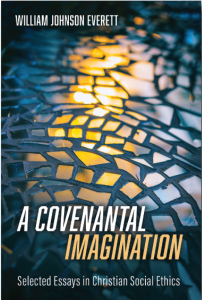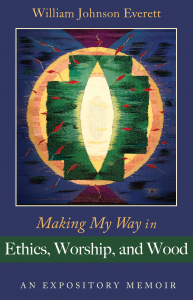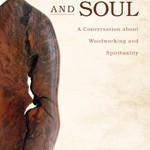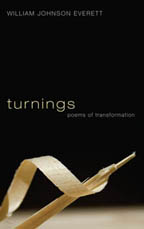I have been reading Karen Armstrong’s The Case for God during the Senate hearings for Elena Kagan, Obama’s latest nominee for the Supreme Court. In both cases I was absorbed by their struggle with fundamentalism. While Fundamentalism in America has a number of facets, it always exhibits a commitment to certain key tenets and a belief in the literal inerrancy of the Scriptures. That is, it is an ideology married to an interpretive method. In particular, Fundamentalism has carried on an intense warfare with theories of evolution, that is, developmental theories of life and history. The two go together. The Scriptures cannot have an eternal and unchanging literal message and also be seen developmentally.
The so-called conservative wing of the court is also typified by anti-developmental literalism. However, here it is the Constitution instead of the Scriptures, developmental theories of its interpretation rather than evolution, which is at stake. But the same mindset, the same questions, and the same disregard for consequences typify judicial fundamentalism as its religious counterpart. If the Constitution can be interpreted to mean every individual can “bear” arms, then this absolute must be honored regardless of how many Americans are killed by guns every year (over 30,000 last I looked). In the process, the meaning of the very words “people,” “bear arms,” or “militia” are conflated with contemporary meanings, since there can be no developments of the meanings of words and therefore no contextualizing of its past meanings. Adherence to the “literal meaning” of the original documents must be upheld at any cost.
What is missing in both of these fundamentalisms is the covenantal reality underlying both the Jewish and Christian scriptures and the Constitution. If you see both as covenantal documents, you see them as testimonies to foundational promises among people and the ultimate power that has formed them and their earth. The question, then, is not merely about the words of the promises, but the relationship among the founding powers and parties. In this regard, the Preamble to the Constitution becomes very important.
This observation about the covenantal structure of the history these documents witness to does lead us to new arguments, even theological and cultural ones. But that is what this struggle with “fundamentalism” is about. Let’s address it there. At least the covenantal perspective opens up the argument so we can see what is really at stake, even as the Senators worry juridical literalism, activism, and restraint to death, and the religionists try to hide their god behind a thicket of words.
I wish the Senators could be reading Armstrong. I wish she could comment on our Senate. You don’t have to wait. You can comment here yourself!







 Red Clay, Blood River
Red Clay, Blood River